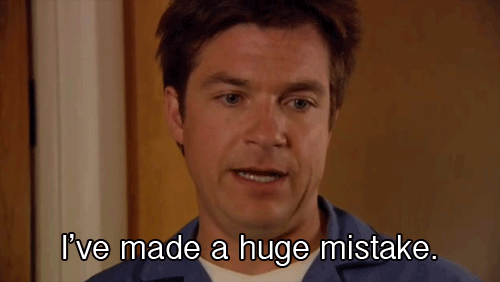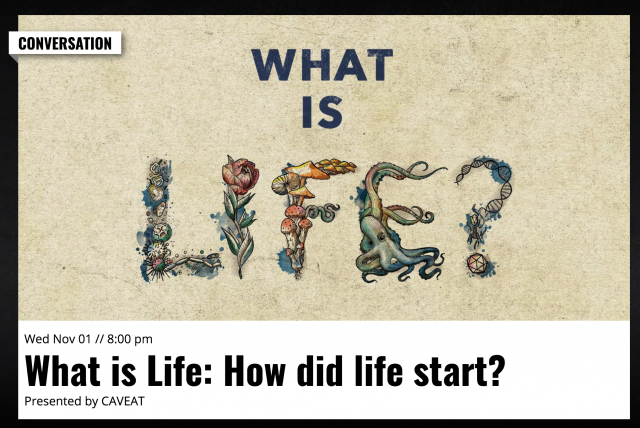The New York Times, November 22, 2017
None of us was made from scratch. Every human being develops from the fusion of two cells, an egg and a sperm, that are the descendants of other cells. The lineage of cells that joins one generation to the next — called the germline — is, in a sense, immortal.
Biologists have puzzled over the resilience of the germline for 130 years, but the phenomenon is still deeply mysterious.
Over time, a cell’s proteins become deformed and clump together. When cells divide, they pass that damage to their descendants. Over millions of years, the germline ought to become too devastated to produce healthy new life.
Continue reading “Young Again: How One Cell Turns Back Time”


